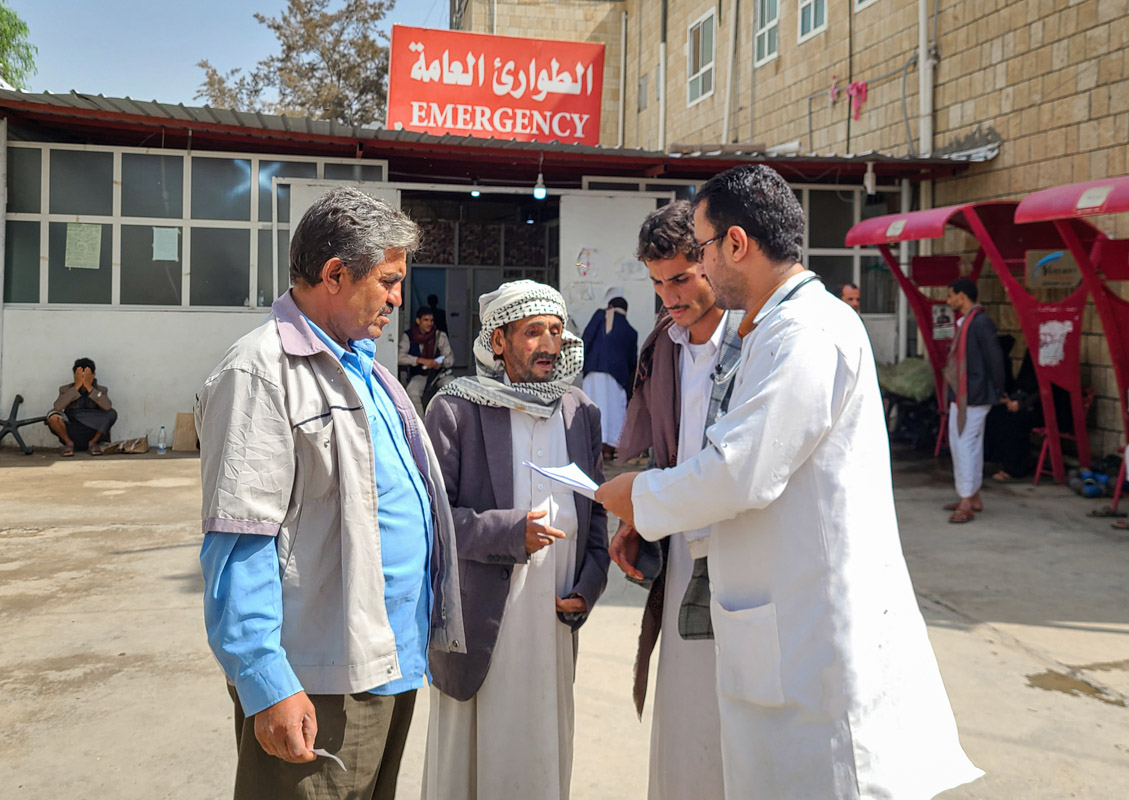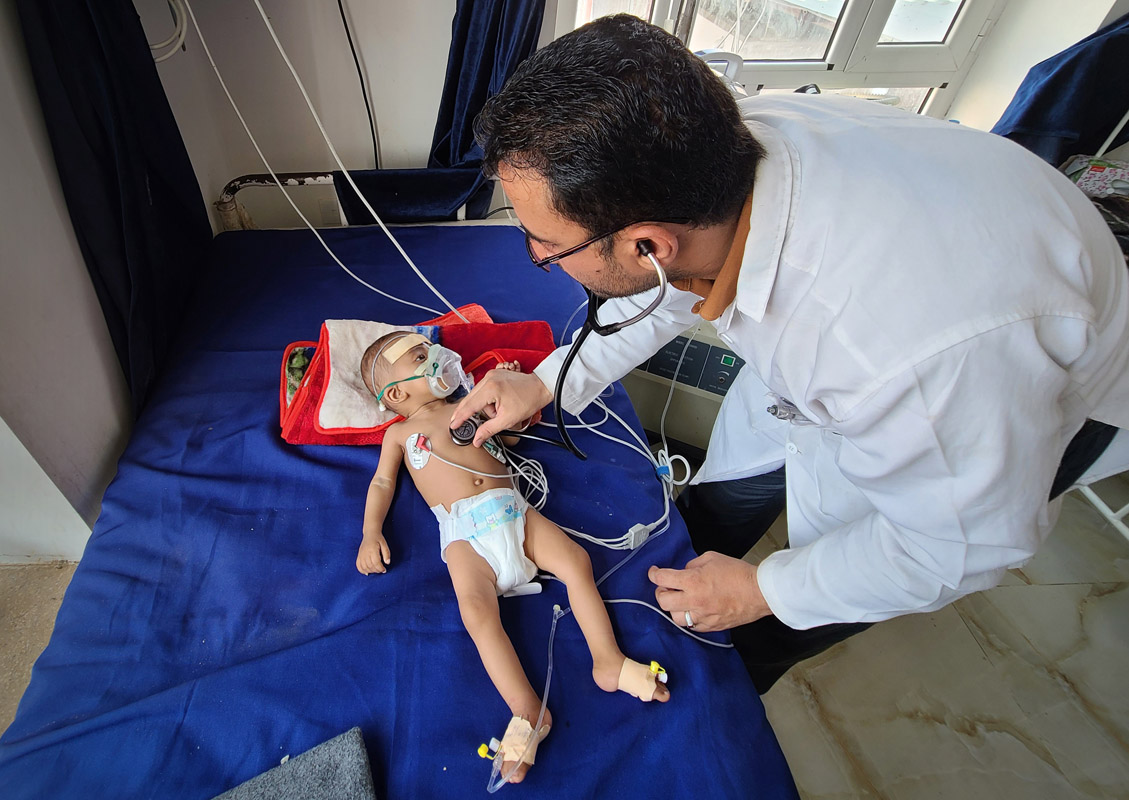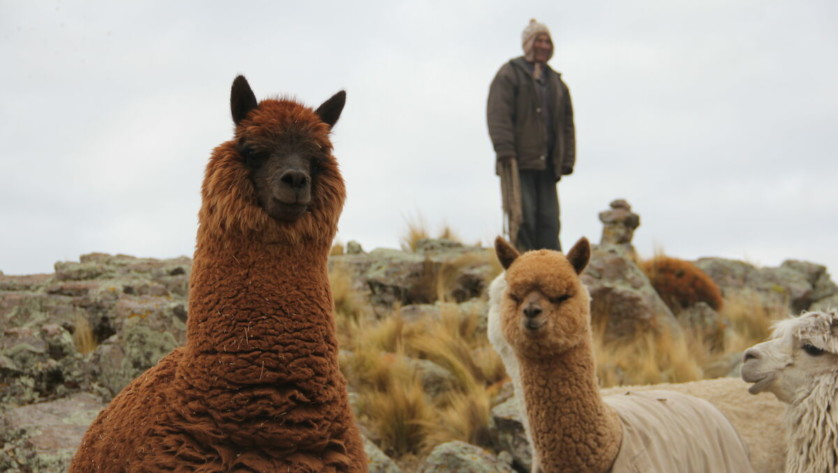Walking the seemingly endless hallways in the Republican Hospital of Saada Governorate, the chief physician, Dr. Abdulaziz, makes his everyday rounds, checking on dozens of patients and passing through the emergency room to verify everything is in order.
It’s not a big facility, but it’s a critical one. Located north of Saada city, it’s only one of the few “reference” hospitals in the area that can take referrals of more complex cases. But due to the ongoing conflict, this hospital, like many other health facilities here, face overwhelming challenges. There are frequent electricity cuts, a chronic lack of supplies and constant security concerns. Meanwhile, many health professionals work without pay as there’s no money for salaries.
“Our work is pure humanitarian, so there is no room for us to stop or say, ‘We can’t’. The lives of patients and the lives of many people depend on this hospital and if we stopped, they may die due to lack of services.”
 Red Cross Red Crescent magazine
Red Cross Red Crescent magazine 










 Tech & Innovation
Tech & Innovation Climate Change
Climate Change Volunteers
Volunteers Health
Health Migration
Migration